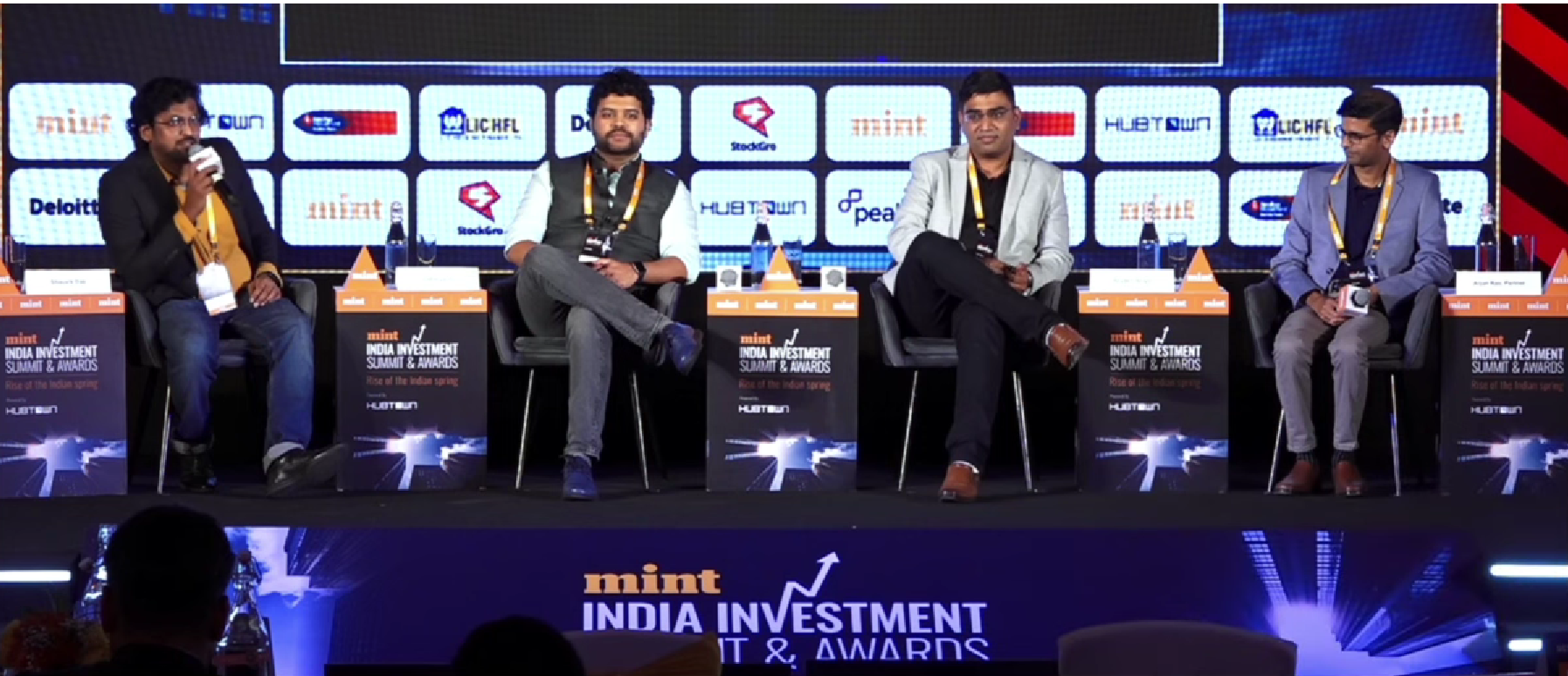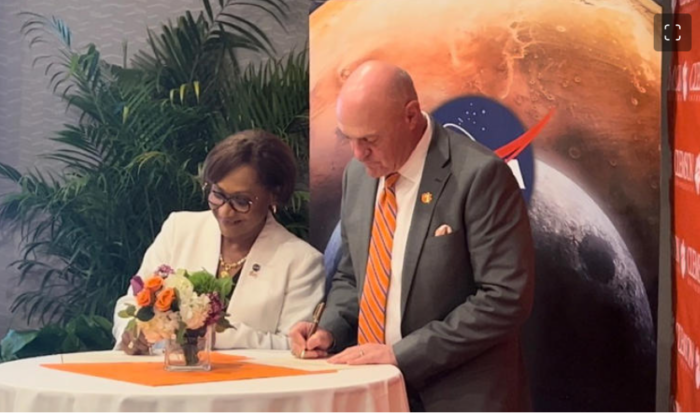According to the World Economic Forum, India is set to open up its satellite-component manufacturing sector to full foreign ownership and simplify the rules for foreign investment in satellite construction within the country. This initiative, aimed at boosting India’s stake in the global space sector — which is expected to grow to $47.3 billion by 2032 — is a key element of a more liberal space policy designed to attract investment from major space companies.
At the Mint India Investment Summit and Awards 2024, a panel of experts discussed the opportunities and challenges surrounding investments in India’s burgeoning private space industry. The participants were Arjun Rao, Partner at Speciale Invest, Suyash Singh, Co-Founder & CEO of GalaxEye, and Chaitanya Giri, Associate Professor of Space Studies at FLAME University.
Rao presented India’s strong pedigree in space technology.
“There is this obvious that hasn’t translated into capital yet heritage of ISRO in India that we’ve been building rockets and satellites and space tech for many decades now,” said Rao, noting how legacy provides confidence for investors looking at the Indian space market.
Speaking about raising capital as a spacetech startup, Singh had something interesting to say.
“I think it’s very subjective why access to capital is difficult or why access to capital is not so intuitive in the beginning or even at the growth stage, because unlike the deep tech ecosystem at large, space tech has its own gestation period,” he said, making it clear that the long lead times before revenue generation is a key challenge.
However, the panelists were optimistic about the sector’s growth potential. Rao noted the increasing number of space startups.
“We invested in Agnikul five years ago,” he began, “maybe there were less than ten space startups in the country at that point in time, a couple of launch vehicle companies. I think it’s close to 200 now if it hasn’t crossed that already.”
On attracting foreign direct investment (FDI), Rao had this to say: “I think immensely helpful, it’s a sector that needs capital like we’ve already spoken about, it needs larger pools of capital, I think there’s some numbers out there getting close to 50 billion as a commercial market for India itself right somewhere in the next 7 to 10 years.”
The panelists discussed hurdles like the scarcity of specialized talent and the need for more advanced testing facilities.
“The challenges are pretty much in the entire gamut,” said Singh. “It starts with talent right like the quality of talent that you want to hire, it’s always a hustle between a tech career option or a hardware company career option for freshers.”
Giri brought to attention the importance of domestic capital.
“We need more domestic institutional investors in the space sector to start pumping into the sector so that it flourishes without any geopolitical or geoeconomic hassles,” said Giri.
As India unlocks its space sector for private participation and foreign investment, the experts foresee a surge in innovation and growth. However, strategic capital allocation, talent development, and robust infrastructure will be crucial to realizing the industry’s immense potential.
Featured image: Credit: MINT
Share this article:








